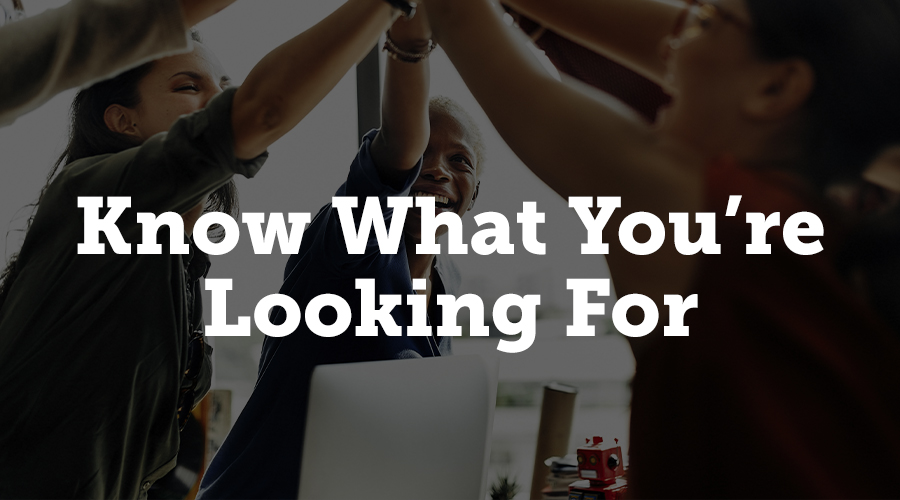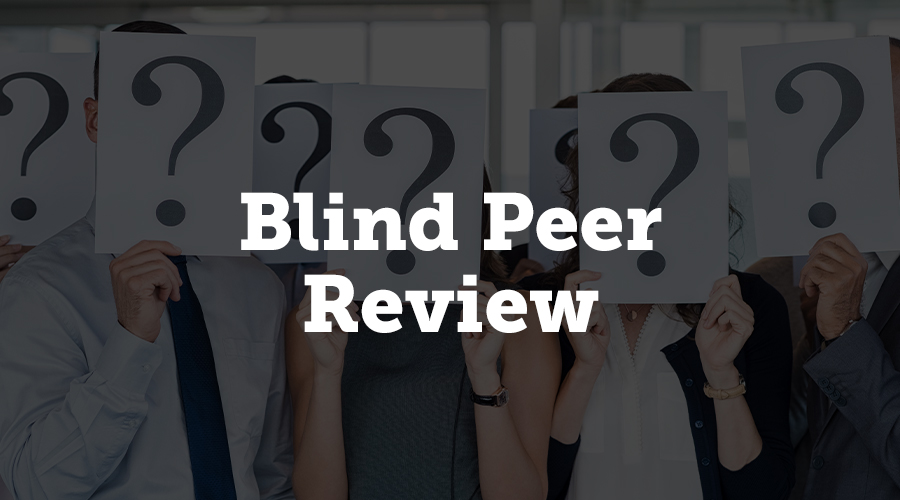Increasing Diversity at Your Events

Written by CadmiumCD Contributor Pamela Shigeoka
In our current cultural and political climate, it’s more important than ever to do everything in our power to make our events open and welcoming to everyone, and part of that includes making sure our lineup of speakers is as diverse as our industry.
Let’s look at what we can do to improve diversity in our educational events.
Know What You’re Looking For
Often people won’t know how to start improving diversity because they aren’t aware of what unconscious bias means. Someone might not be overtly racist or sexist, for example, but implicit or unconscious bias isn’t, as its name suggests, something that we do on purpose. According to UCSF’s initiative to address unconscious bias, “unconscious biases are social stereotypes about certain groups of people that individuals form outside their own conscious awareness. Everyone holds unconscious beliefs about various social and identity groups, and these biases stem from one’s tendency to organize social worlds by categorizing.”
Having unconscious biases do not make someone a bad person, but they do take work to recognize. Try working with a diversity expert to address how to change the way unconscious biases affect your organization.
Examine Your Choices
When you’re creating a list of potential speakers or event professionals, take a good look at that list. Does it include members of minority groups, or is it on the homogenous side? Once you recognize how implicit bias affects our decisions, we can see how to expand our pool to include a wider range of people.
Avoid falling into the “who you know” trap, because that can often lead to homogenous events. In every industry, there are experts across the spectrum of gender, race, ethnicity, and age. Make a conscious effort to seek out those experts rather than relying solely on the experts you are familiar with or who may be similar to you. It can be helpful to consult with multicultural events organizations to make sure you’re doing all you can to encourage diversity.
Blind Peer Review
Even though we may think that we’re being unbiased when it comes to choosing speakers or abstracts, unconscious bias can play a part in the people we choose to feature. To avoid any chance of unconscious bias, implement blind peer review for your selection process.
By giving reviewers no identifiable information, the actual content comes to the forefront, so reviewers can focus solely on what the potential speaker is saying without any unconscious tendency to favor abstracts with male- or white-sounding names attached (or unconsciously downgrading abstracts with female- or ethnic-sounding names). A good abstract management system will allow you to strip that data away from abstracts before sending them to reviewers while still managing all of the pertinent data and avoiding potential reviewer conflicts.
About Pamela
I am a freelance writer who enjoys dipping my toes into a wide variety of writing subjects. I have an M.A. in English but found that teaching wasn’t for me, so I’m applying my training to writing instead. I’ve been blogging for ten years and have written everything from book reviews to pop culture essays to business topics. In my spare time, I enjoy writing fiction, playing games, and learning new crafts. I live in Corvallis, Oregon, with my husband, daughter, and dog.


